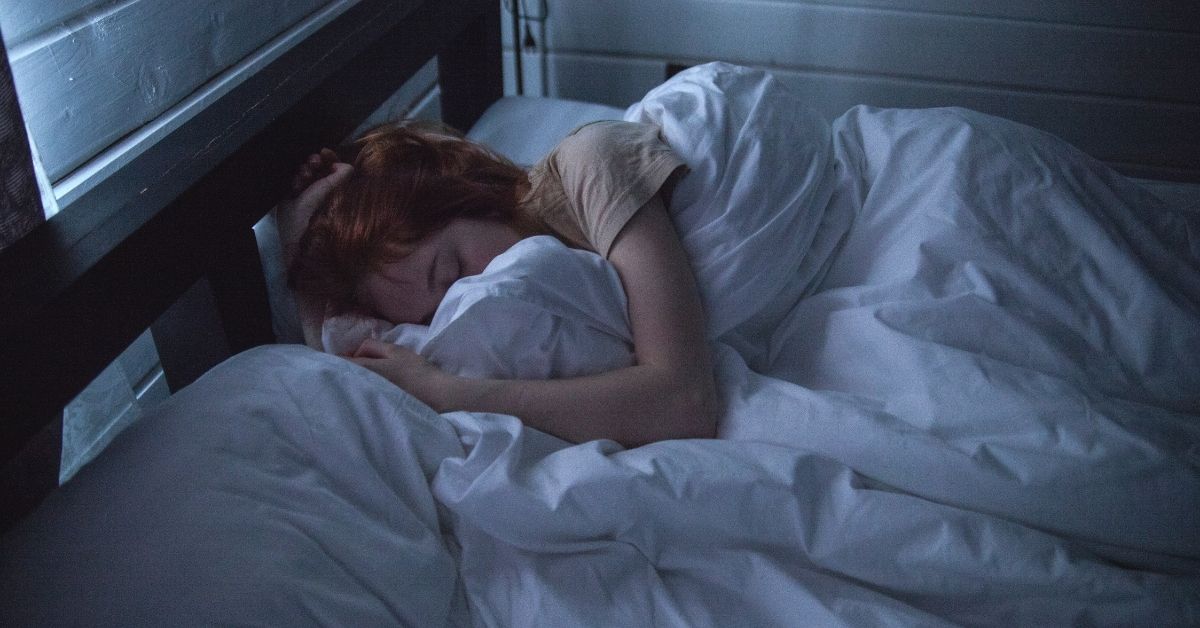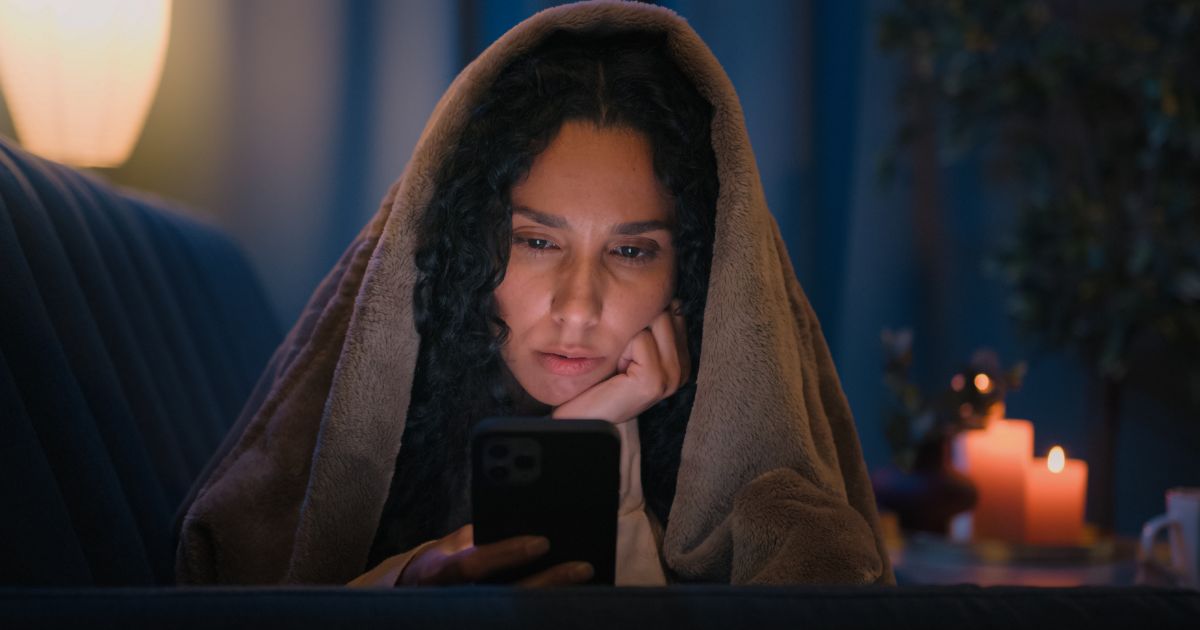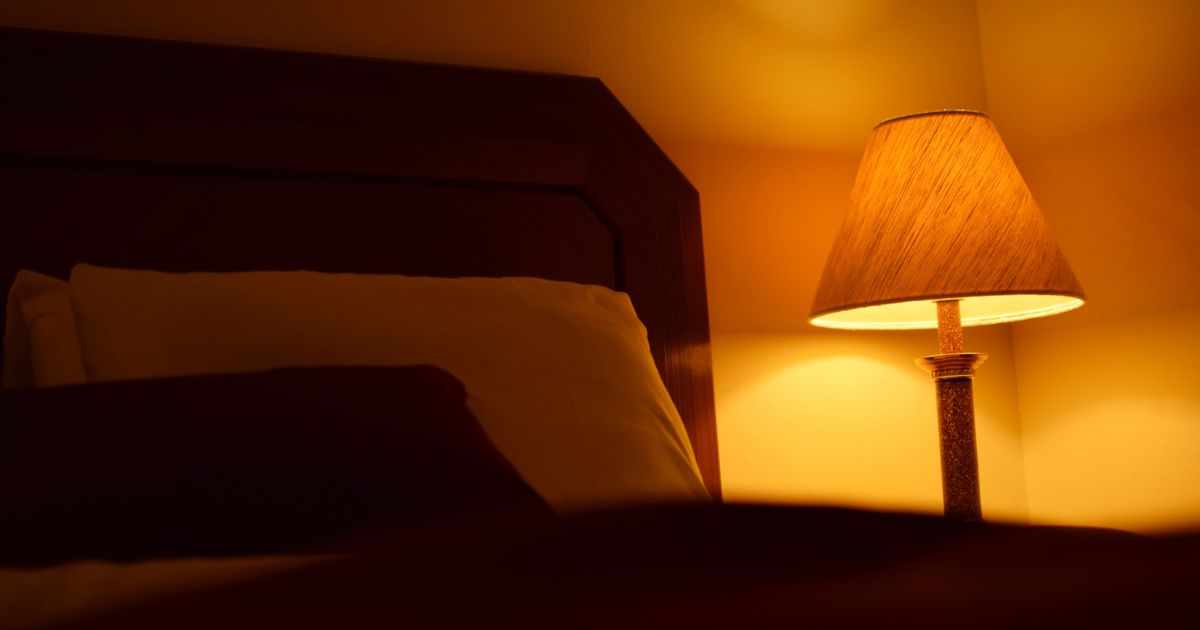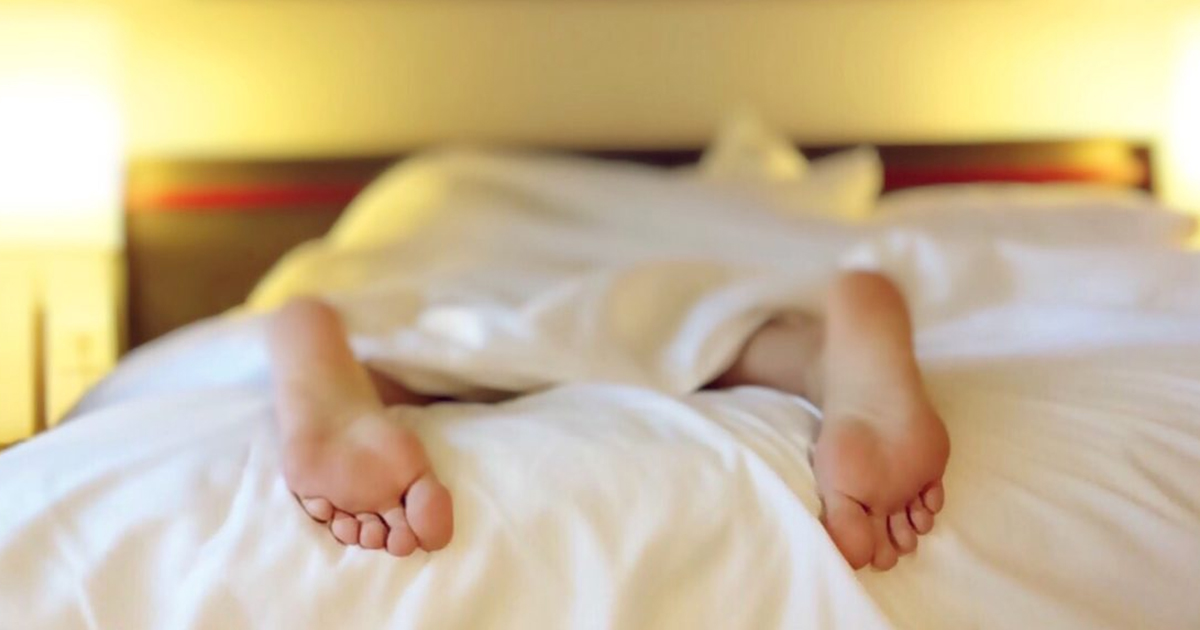Do you find yourself, more often than not, spending time trying to fall asleep than actually sleeping? If so, then you are not the only one this happens to. Trying to fall asleep can be nerve-wracking, which then increases your anxiety levels, making it harder to fall asleep and stay asleep. If your mind can’t sleep, then it can be really difficult for your body also.
Lower the Temperature
When you are in a sleep rhythm, your body temperatures tend to change and will actually drop a few degrees when you lay down. When you wake up, your body will start to warm up.
By making sure that you have the perfect room temperature set, you can easily help yourself fall asleep easier and faster. It is recommended to set your thermostat between 60-67 degrees Fahrenheit. Your individual preference can vary, so it is important to find a temperature that is the best fitting for you.
Breathing Methods and Practices
Another way that can benefit you in falling asleep fast is a breathing method or exercise. You can try the 4-7-8 method. The 4-7-8 method is a simple but powerful breathing method that can help promote calmness and relaxation throughout your body, which can also help you unwind before bed.
There are also various other breathing methods from yoga sessions that you can try to help relax your nervous system and get you ready for a full night of rest.
Get on a Schedule
Most adults that have a set sleep schedule find it easier to fall asleep fast and to stay asleep. Your body has its own regulatory system already, it is called the circadian rhythm. The circadian rhythm is your internal clock that gives off cues for your body to feel alert throughout the day and sleepy at night.
By practicing a set schedule for waking up and sleeping every day, you will be able to get your circadian rhythm to eventually sync with the times you have set. This will allow your body to self-regulate and fall asleep faster at the end of your nighttime routine.
Be Mindful of When and What you Eat
Depending on what you eat, it may affect how and when you sleep. Research has shown that high-carb meals can be detrimental to a good night’s rest. There is also a natural releasing element found in some foods called tryptophan- which can cause you to feel sleepy after eating.
Falling asleep after eating can also decrease your quality of sleep. If you don’t allow your body enough time to digest before laying down, you can give yourself heartburn and acid reflux if you lay flat on your back or on your left side.
If you have tried all the tips above and still have problems falling asleep, call us today or book an appointment with one of our sleep specialists today so we can get you on the road to a peaceful night of sleep.






